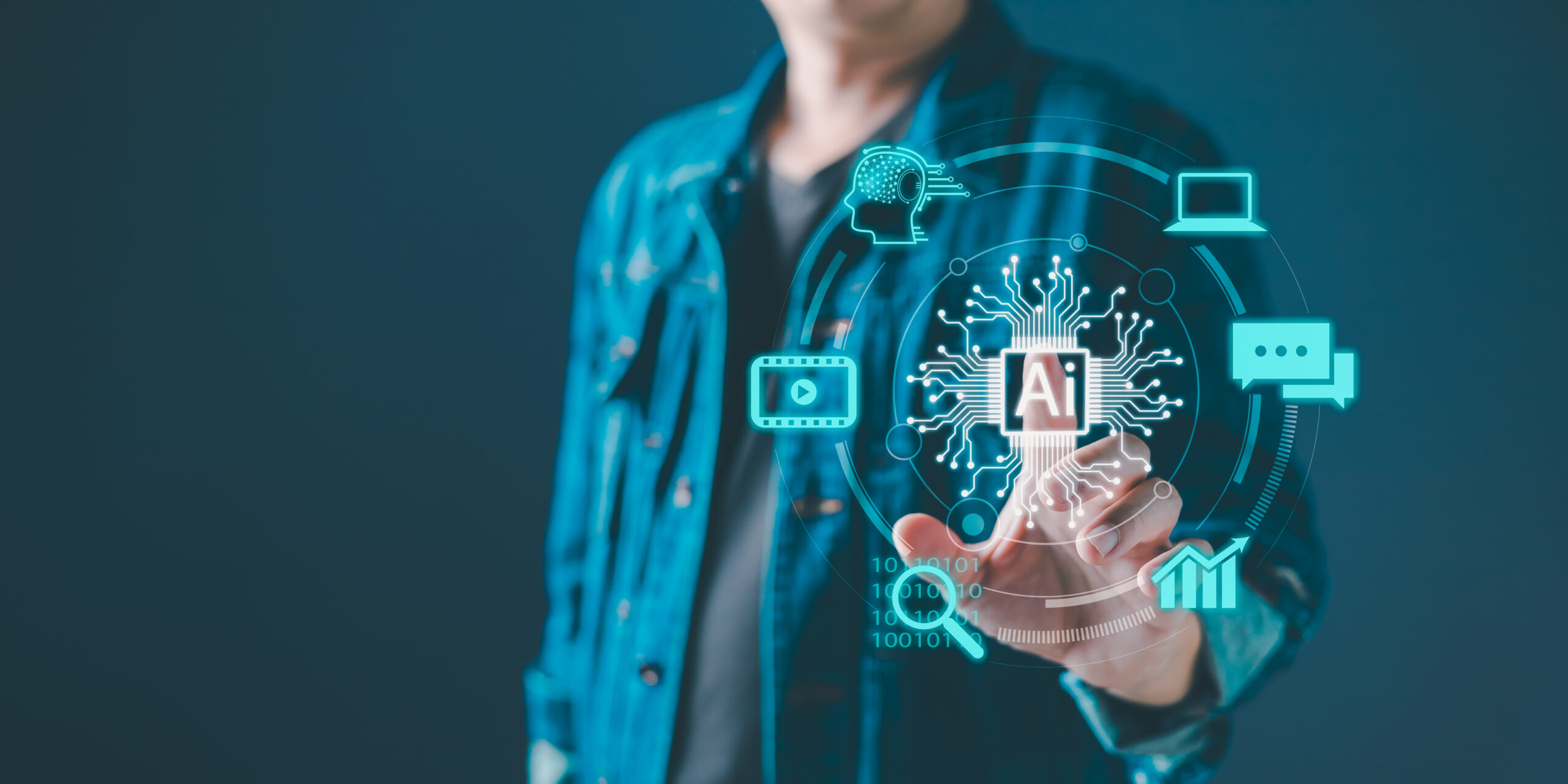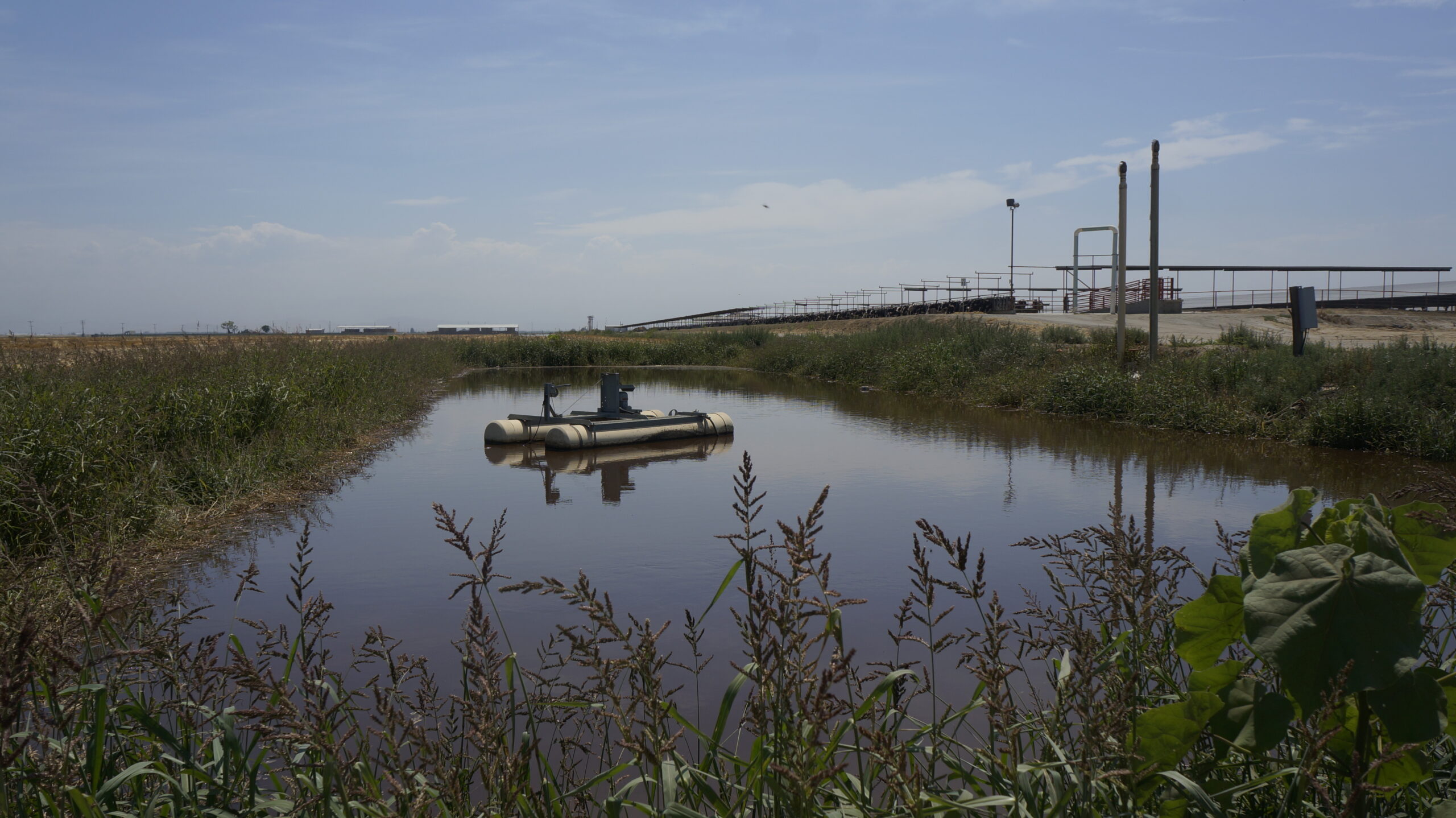Gabriel Worley is a 2024 JCal Reporter from San Luis Obispo County, CA.
A partnership between AAJA and / CalMatters

A partnership between AAJA and / CalMatters

JCal is a partnership between AAJA and CalMatters
2024 Program
California's Next Workforce
With the rise of a new generation of workers alongside the development of Artificial Intelligence, the job prospects for young […]
July 17, 2024

With the rise of a new generation of workers alongside the development of Artificial Intelligence, the job prospects for young people become increasingly difficult. A California official and A.I. ethics expert share their solutions.
Artificial intelligence (A.I.) has been deeply influential in our lives, now more than ever. From Google’s Gemini, which can summarize large amounts of information in an instant, to ChatGPT, an artificial assistant made to hold human-like conversations with users. Along with this, A.I. has provided simpler, cheaper, and more streamlined opportunities for business owners to employ A.I. into their practices. Project Maven for example, an effort to use A.I. to sift through and organize thousands of photos and videos, had the military working with Google to employ A.I. in an effort to better enforce security and catch potential suspicious activity.
However, as A.I. becomes more prevalent in the workplace, there exist fewer opportunities for people entering the workforce to find jobs in areas that have employed A.I. into their practices.
Patrick Lin, a professor studying the ethics behind the use of A.I. at California Polytechnic State University, San Luis Obispo, said this technology poses the risk of placing barriers between people of different backgrounds and the resources needed to prosper in newly affected areas of work.
“For better or worse, A.I. is already displacing certain kinds of workers, both knowledge workers and manual labor,” Lin said. “The more skilled and educated folks could still find good work in an A.I. future, since they tend to have more options. But I’d be worried about those who don’t have the privilege to have a broader education or more options for any number of reasons, from being born into the wrong socio-economic class or having been incarcerated.”
Assemblymember Marc Berman (D – Menlo Park), has taken steps to mitigate the harmful use of artificial intelligence. Berman has worked with A.I. in the past, authoring Assembly Bill 1831, which prohibits the use of artificially generated or “digitally altered” content to be used to create child pornography and that has sin.
Berman said that there’s two important ideas we can implement as solutions. “The first, starting with younger people and newer workers, is education and making sure that students today are trained and given the A.I. literacy skills that they need, so that they have the ability to know how to do artificial intelligence technology in the workforce.”
Berman goes on to describe his second idea, saying that it would become imperative that younger people and new workers become well versed in how to utilize A.I. in a way that is beneficial, “…as opposed to letting A.I. just take over what they do…”
Lin added that it’s imperative for young people to become more politically involved in the decisions that shape their future.
“Younger people could also be more politically active—this is their future,” he said. “Every generation remakes their world in their own image, and it’s your time now. The old guards need to step aside, but you know how people like to cling to power as well as their old ways.”
He went into more depth on what that could look like, saying being politically active comes with the responsibility of understanding how politics, democracy, and the broader world works as a whole.
He added that people should not be fearful in the face of the dangers posed by technology such as A.I, and instead focus on how to maximize the technology’s benefit and potential as they navigate the future.
“To be clear, I’m not saying folks should be anti-technology—that’s extremely short-sighted,” Lin said. “Technologies are tools, and the only reason humans can survive this world is because of tools and our big brains. But we need to actually use our big brains to understand how complex the world is, including jobs and economics.”
Berman added that A.I. isn’t the first (nor will it be the last) new technology that has left or will leave a profound impact on the way society functions, and that those entering the modern workforce should embrace new technological advances while remaining critical of their applications.
“History is full of examples where technology, new technology impacts the workforce,” he said. “I think what we need to do is create a workforce that’s as adaptable as possible. I don’t think we should be stopping technology. I think we should be skeptical of it.”
Gabriel Worley is a 2024 JCal Reporter from San Luis Obispo County, CA.




JCal is a free program that immerses California high school students into the state’s news ecosystem. It is a collaboration between the Asian American Journalists Association and CalMatters.
Contact us at michael@calmatters.org or support@aaja.org.
Subscribe to aaja’s newsletter